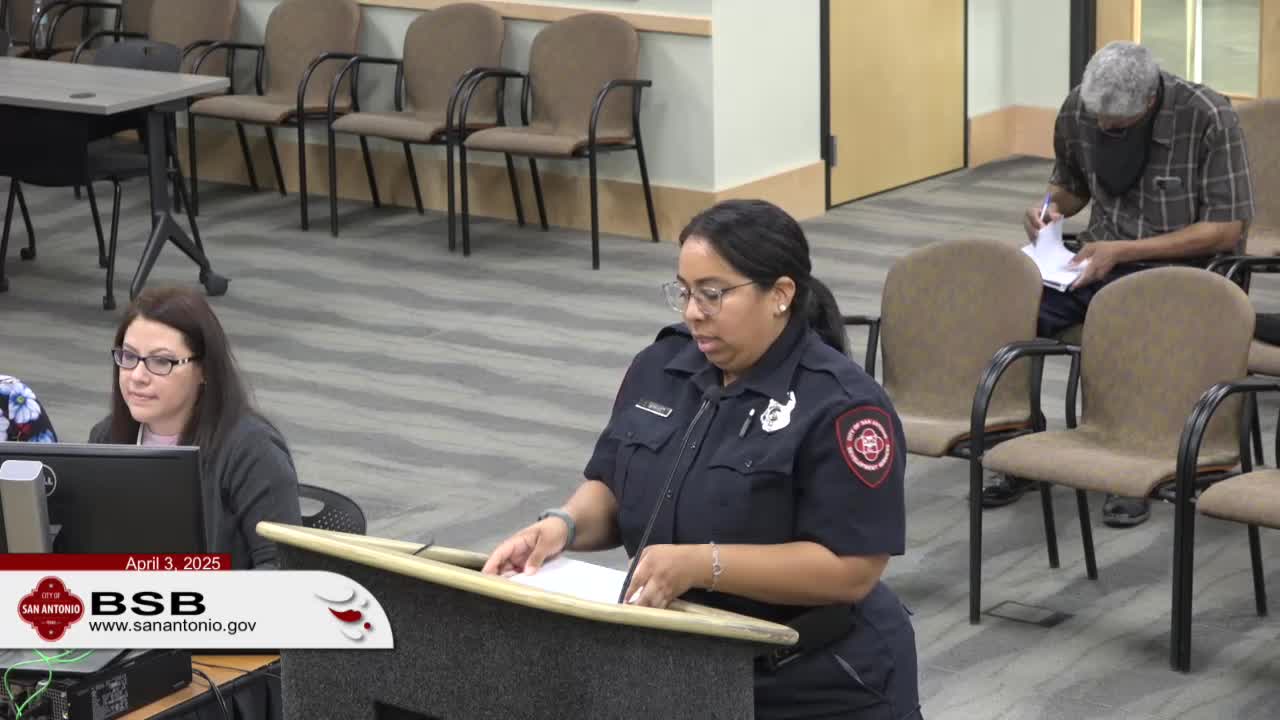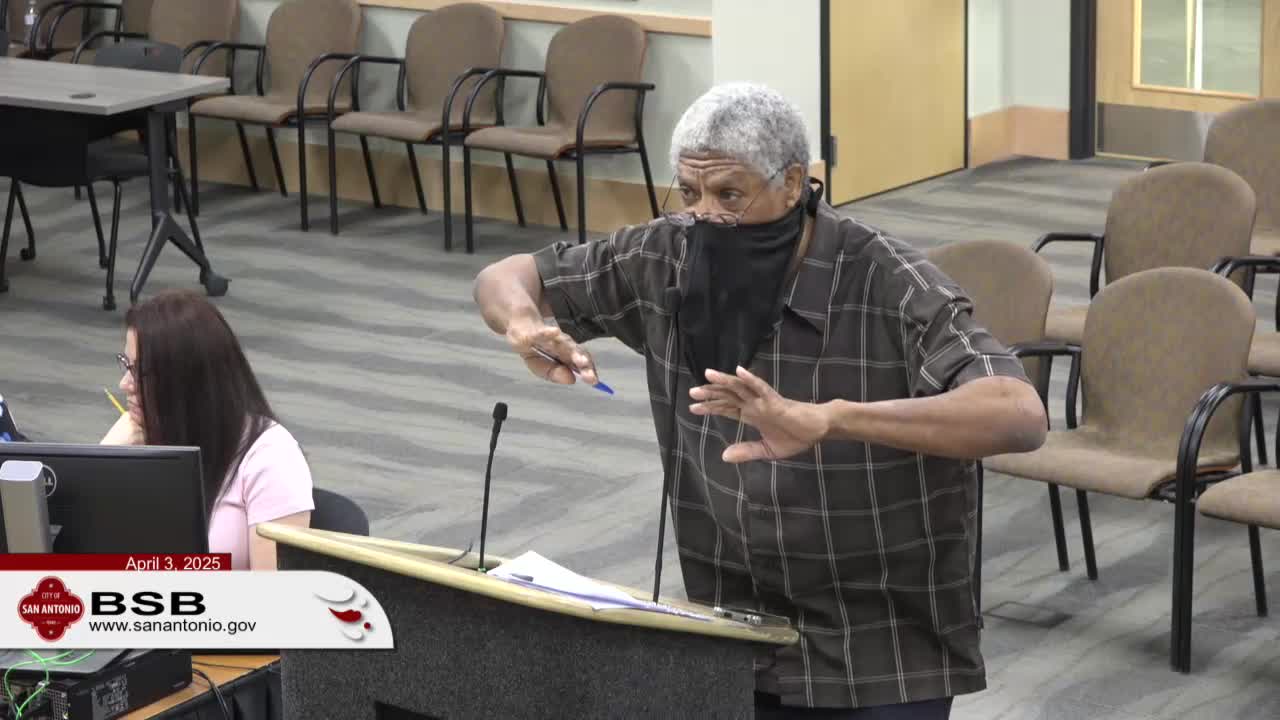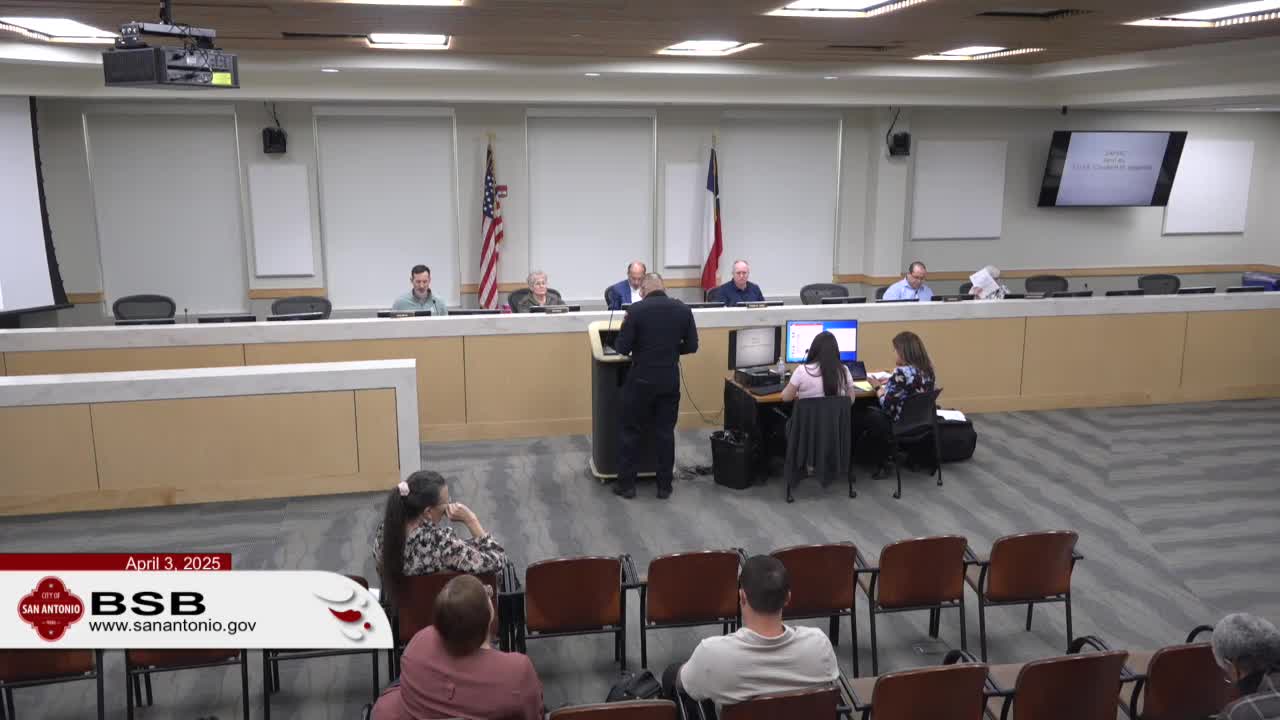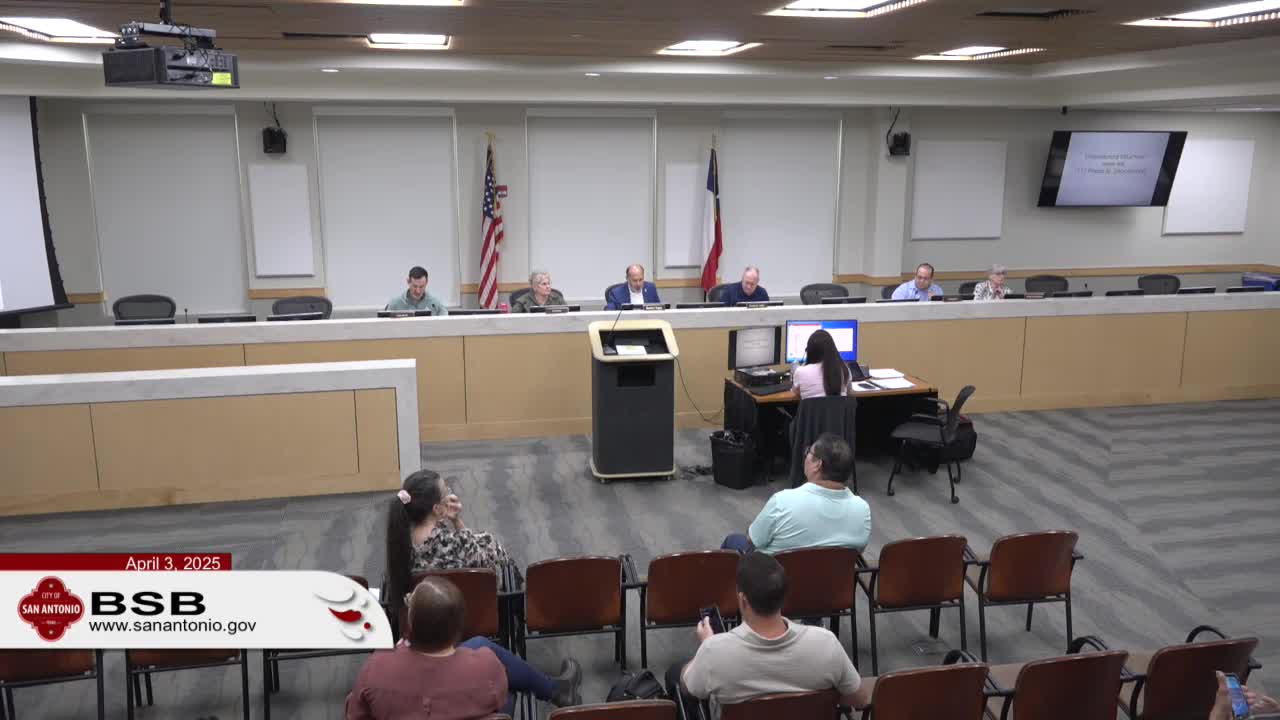Article not found
This article is no longer available. But don't worry—we've gathered other articles that discuss the same topic.

Board orders demolition of fire‑damaged home at 223 Saddlebrook Drive

Building board orders demolition of long‑vacant structure at 10466 Countryhorn after residents’ pleas

Board upholds notice of accumulation of rubbish at 1517 East Crockett after owner appeals

